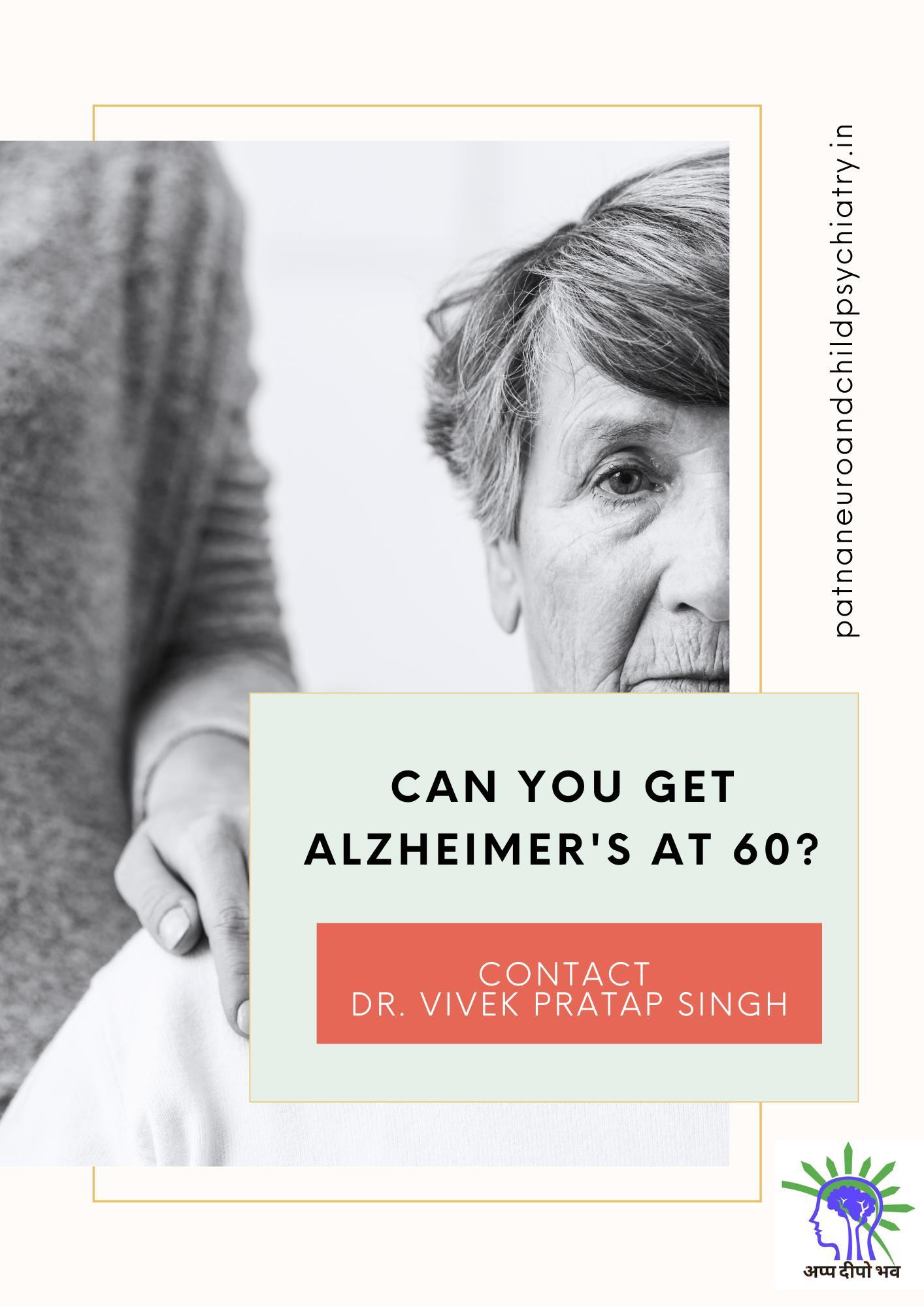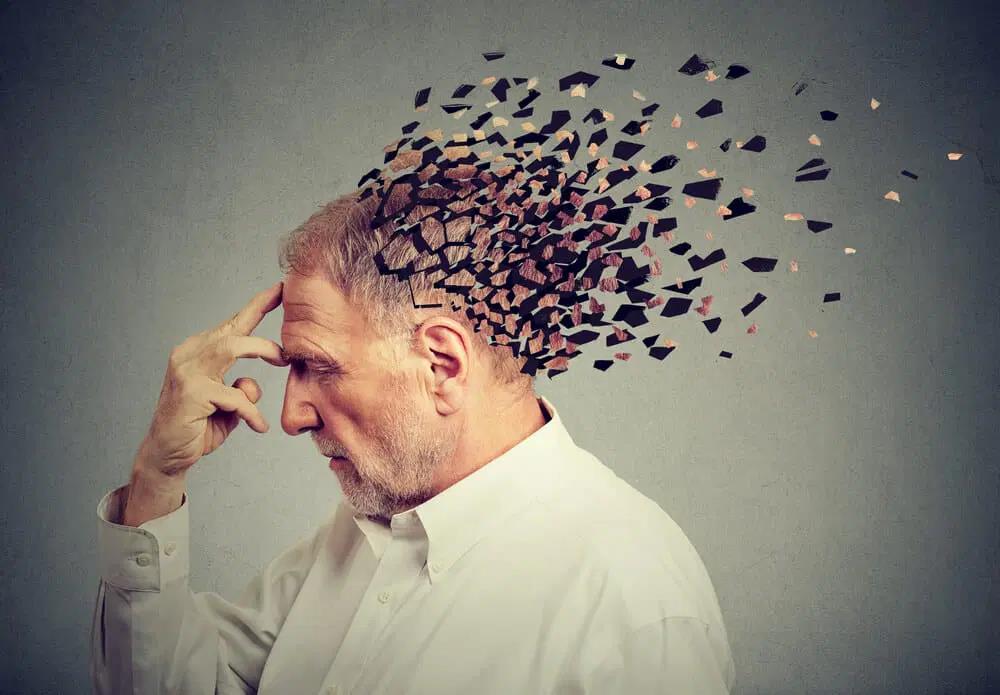The Typical Age of Onset for Alzheimer’s Disease
Alzheimer’s disease is usually diagnosed in people over the age of 65, which is known as late-onset Alzheimer’s.
The risk of getting Alzheimer’s increases as people get older, so it’s rare for symptoms to show up before this age.
Most people are diagnosed in their 70s or 80s. However, Alzheimer’s can also affect younger people, although this is less common.
When Alzheimer’s starts before age 65, it’s called early-onset Alzheimer’s disease.
Even though late-onset cases are more common, early-onset Alzheimer’s still happens and comes with its own challenges.
Understanding these different age patterns is important for accurate diagnosis and treatment.
Both types of Alzheimer’s need special care approaches, emphasizing the need for awareness and tailored medical care throughout life.
Can Alzheimer’s disease begin at 60?
Yes, Alzheimer’s disease can start as early as age 60, though it’s not very common.
When Alzheimer’s begins before age 65, it’s called early-onset Alzheimer’s.
Here’s what to know about this type:
● Early-Onset Alzheimer’s: This form affects fewer people and is often linked to genetic factors. It usually shows up in people in their 40s or 50s, but can also start as early as 60.
● Symptoms: Early-onset Alzheimer’s has symptoms similar to later-onset Alzheimer’s, such as memory loss, confusion, and trouble with thinking and problem-solving. These symptoms can significantly impact daily life.
● Diagnosis Challenges: Finding Alzheimer’s in someone as young as 60 can be tough. The symptoms might look like other age-related issues or different health problems, making it harder to diagnose.
● Genetic Factors: Early-onset Alzheimer’s is often connected to genetic changes. People with a family history of Alzheimer’s should watch for symptoms closely.
If you or your loved ones are struggling to find the right care for Alzheimer's?
Dr. Vivek Pratap Singh best psychiatrist in Patna offers compassionate and cutting-edge treatment options tailored to improve the quality of life for patients and their families
Management and Treatment Options for Early-Onset Alzheimer’s
Managing early-onset Alzheimer’s disease requires a wellrounded approach that includes medical treatment, lifestyle changes, and support.
Here’s how to handle this condition effectively:
● Medications: Doctors often prescribe cholinesterase inhibitors (like donepezil and rivastigmine) and memantine. These drugs help improve thinking and slow down the symptoms. While they don’t cure Alzheimer’s, they can make daily life easier and manage symptoms better.
● Daily Routine: Keeping a regular schedule helps people with early-onset Alzheimer’s stay organized and less confused. Having a set routine for daily tasks makes life more predictable and manageable.
● Cognitive Therapy: Activities like puzzles, memory games, and learning new things can help keep the brain active. Cognitive therapy supports mental function and can slow down cognitive decline.
● Environmental Changes: Make the home safer and more comfortable by reorganizing it, labeling important items, and adding safety features. These changes can prevent accidents and make it easier to get around.
● Healthy Lifestyle: Eating a balanced diet with lots of fruits, vegetables, and whole grains supports brain health. Regular exercise improves physical fitness and may also benefit cognitive function. Mental activities like reading or hobbies help keep the mind engaged.
● Support System: Having strong support from doctors, family, and support groups is essential. They provide emotional and practical help to manage the challenges of Alzheimer’s.
● Early Diagnosis and Treatment: Getting diagnosed early helps manage the disease more effectively. Quick medical
intervention can improve symptom control and quality of life.
By following these steps, individuals with early-onset Alzheimer’s can manage their condition better, improve their quality of life, and handle the challenges of the disease more effectively.
How Long A 60-Year-Old Can Live With Alzheimer’s?
A 60-year-old diagnosed with Alzheimer's can typically expect to live between 4 to 8 years after the initial symptoms appear, although some individuals may live up to 20 years with the disease.
Factors influencing this lifespan include overall health, the stage at which the disease is diagnosed, and the individual's response to treatment.
As Alzheimer's progresses, individuals may experience a decline in cognitive and physical functions, which can impact their quality of life and the care they require.
Regular monitoring and supportive care are essential in managing the disease's progression.
Alzheimer’s Treatment In Patna | Dr. Vivek Pratap Singh
Dr. Vivek Pratap Singh is a highly regarded psychiatrist doctor in patna, known for his expertise in treating various neuropsychiatric conditions, including Alzheimer’s disease.
His expertise enables patients and families to navigate the complexities of the condition effectively.
Dr. Singh, psychiatrist in Patna, emphasizes the importance of early diagnosis and tailored interventions that address individual symptoms and improve quality of life.
Through a dedicated support system, he helps patients manage cognitive decline and maintain independence for as long as possible.
His commitment to on-going research ensures that patients receive the most effective treatments available.
Dr. Singh has extensive experience and qualifications, including an MBBS, MD in Psychiatry, and a Diploma in Neurology from Birmingham, UK.
He also has specialized training in community mental health and child and adolescent psychiatry.
You can book an appointment with him through his clinic’s website.
The clinic’s address is:
Contact No: 91-7481054999
Address: Shop No. 4, Nutan Tower, Kankarbagh Main Road, Near Krish Hyundai, Patna, Bihar


